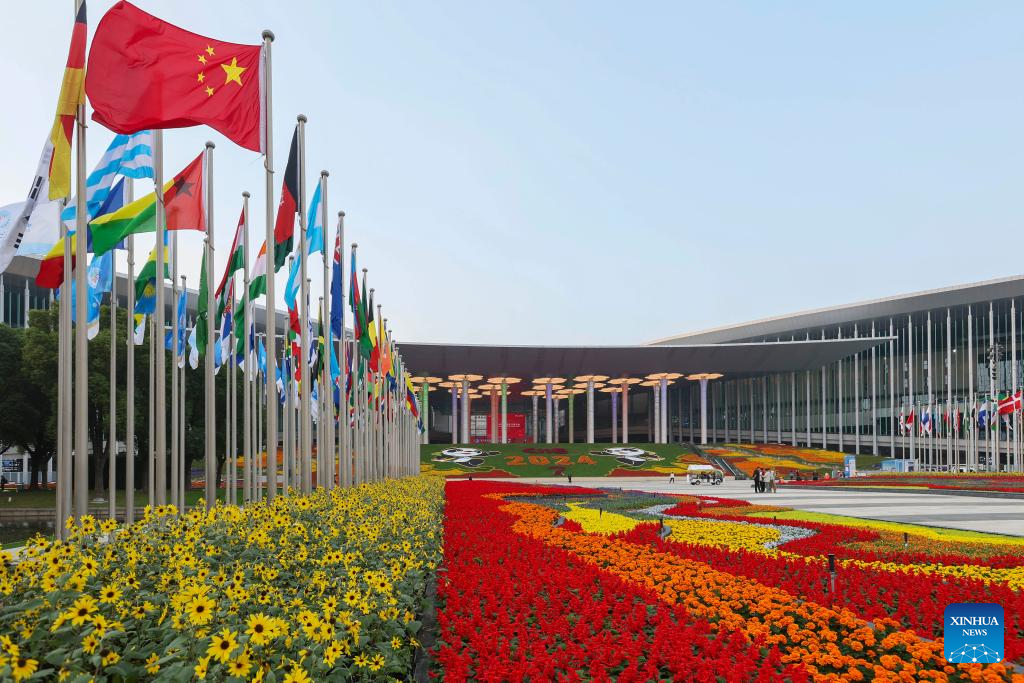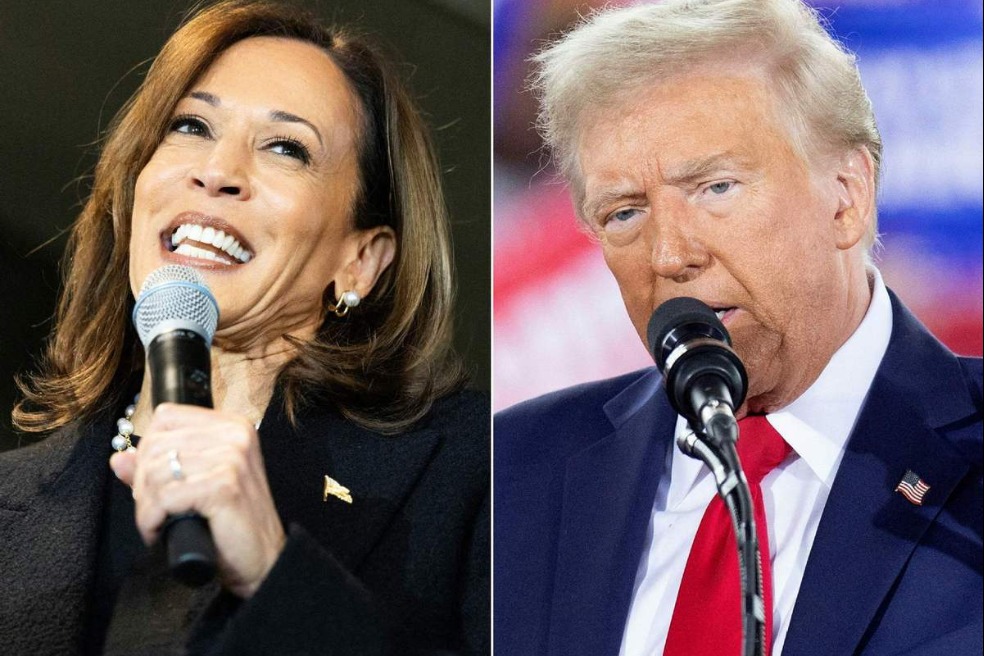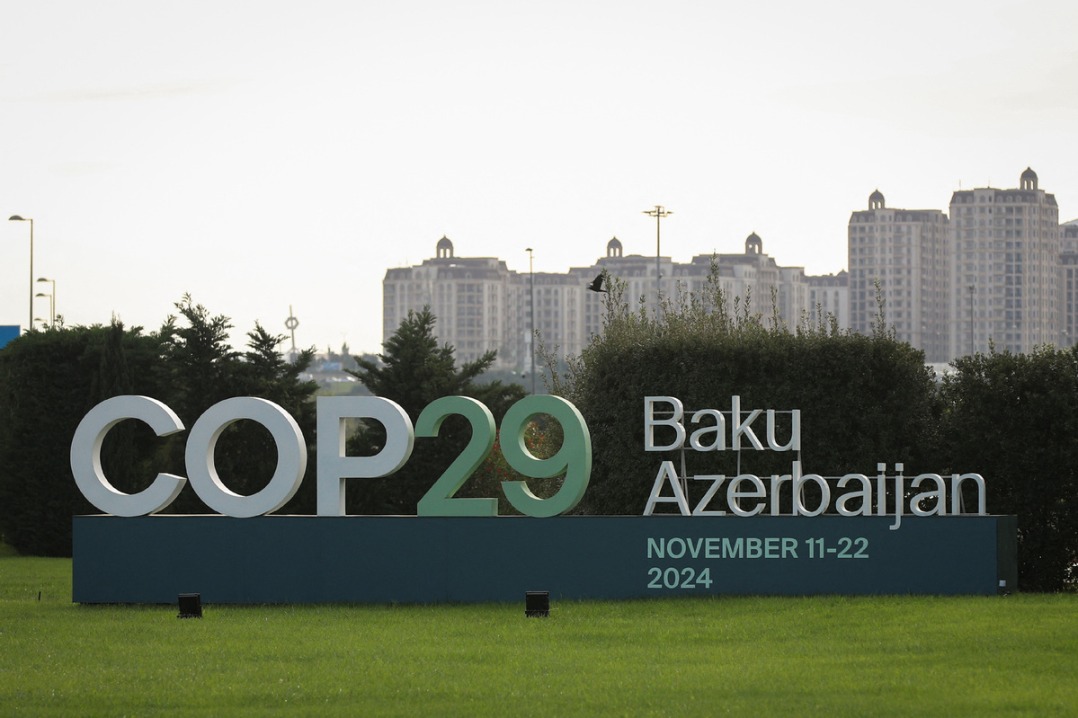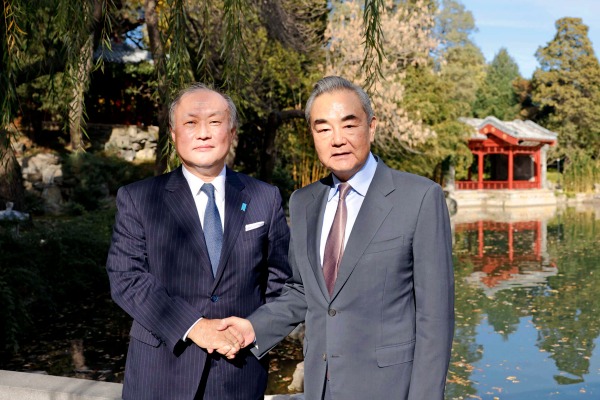Building bridges through trade for 70 years


As I reflect on the ongoing 2024 China International Import Expo, which kicked off on Tuesday and runs through Sunday in Shanghai, it becomes evident that China continues to lead the way in global trade. In a world where protectionism is rising in some Western countries, this import-oriented expo, initiated by President Xi Jinping in 2018, underscores the country's unwavering commitment to fostering international trade through mutually beneficial relationships.
The London Export Corporation, founded by my grandfather Jack Perry Senior in the United Kingdom, was among the first Western companies to trade with China, breaking the ideological ice and trade embargo on the newly founded People's Republic of China. In 1952, our company exported wool tops from Bradford in England to China. From the 1960s through the 1980s, we played a vital role in supplying China with essential imports to support its burgeoning industries.
Ever since China embarked on the path of reform and opening-up in 1978, we have witnessed the country's remarkable transformation from importing basic commodities to sourcing high-quality goods. With the growth of Chinese private companies and State-owned enterprises, London Export Corporation has continued to be a key partner, particularly in large-scale commodity trade and navigating the complexities of international trade finance.
Today, China is committed to high-quality imports, a trend we've seen accelerate in recent years. Chinese buyers at major trade fairs, including the CIIE, seek the best the world offers — particularly in advanced machinery, life sciences and medical equipment — to complement their domestic capabilities.
In his congratulatory letter to last year's CIIE, President Xi noted that the world economic recovery lacks momentum and requires the solidarity and cooperation of all countries, and that China will always be an important opportunity for global development. Xi envisioned the CIIE as a platform for high-standard opening-up, allowing the world to share in China's enormous market potential. He is right: the future of the global economy hinges on our commitment to peace, collaboration and openness, not isolation.
However, as China has grown into an economic powerhouse and a leader in innovation, some Western countries have responded with concern, opting to "contain" China. Yet the so-called decoupling would only harm those countries themselves. If Western nations choose to decouple from China, their goods and supply chains will become more expensive. Companies that attempt to "de-risk" from China risk losing access to a vast market of 1.4 billion consumers.
It's crucial to remember that trade is about more than just the exchange of commodities. It fosters personal connections and mutual understanding. My grandfather started our family's story with China, which was continued by my father, Stephen Perry. Both were held in great esteem by China, where they were affectionately known as "Old Perry" and "Little Perry". I now proudly carry the mantle as "Little Little Perry", continuing our family's legacy of trust and collaboration with China.
As we move into the next phase of global trade, it is evident that China's demand for new resources, technologies and innovations will only grow. China is not merely a participant in global trade; it is actively shaping the future of it. We at London Export Corporation are proud to be part of China's ongoing journey toward becoming the most innovative country in the world.
Our expertise in facilitating trade and building trust has positioned us as a leader in connecting Western businesses with Chinese companies. As China advances in areas like green energy, life sciences, artificial intelligence and modern agriculture, we are ready to continue serving as a trusted partner to China — just as we have for over seven decades.
The author is chairman of the 48 Group and CEO of London Export Corporation.

































